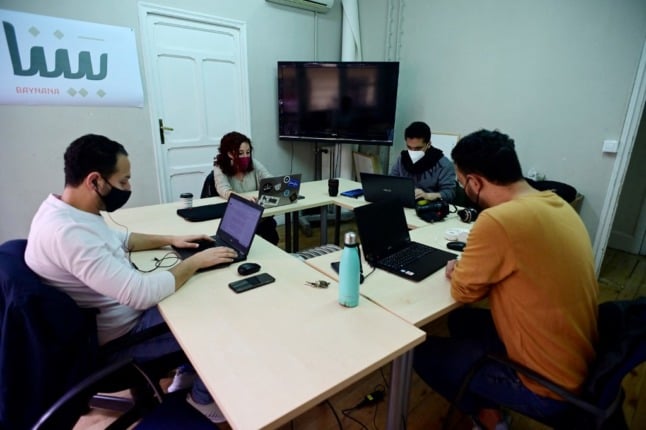INTERNET
Norway start-up founder in multi-million sell-out
Norwegian start-up entrepreneur Magnus Jepson has sold WooThemes, his Wordpress template company, for a rumoured price of around $50m (400m Norwegian kroner) making him an instant multi-millionaire..
Published: 22 May 2015 00:47 CEST

The WooThemes team celebrating the sale. Photo: WooThemes
The company has been bought by Automattic, the company behind WordPress, in a cash and shares deal, and Jepson and his partner Mark Forrester are expected to continue working on developing their market for WordPress themes.
“It's a good deal,” Jepson told Stavanger Aftonbladet newspaper, “But it is in the agreement that we should not go public with the sums involved.”
Jepson began as a web designer using WordPress to make simple websites in 2007, but soon moved on to designing plug-ins for the platform, in 2011 developing a tool called WooCommerce, which allows users to turn WordPress sites into online shops.
According to Jepson, WooCommerce is now used by one in four online shops worldwide.
Announcing the deal on his blog, Jepson said that he had had “an incredible ride” and had never expected “the rocket-propelled voyage into the self-hosted eCommerce unknown that lay ahead” when he started the company in 2008.
Url copied to clipboard!


 Please whitelist us to continue reading.
Please whitelist us to continue reading.
Member comments